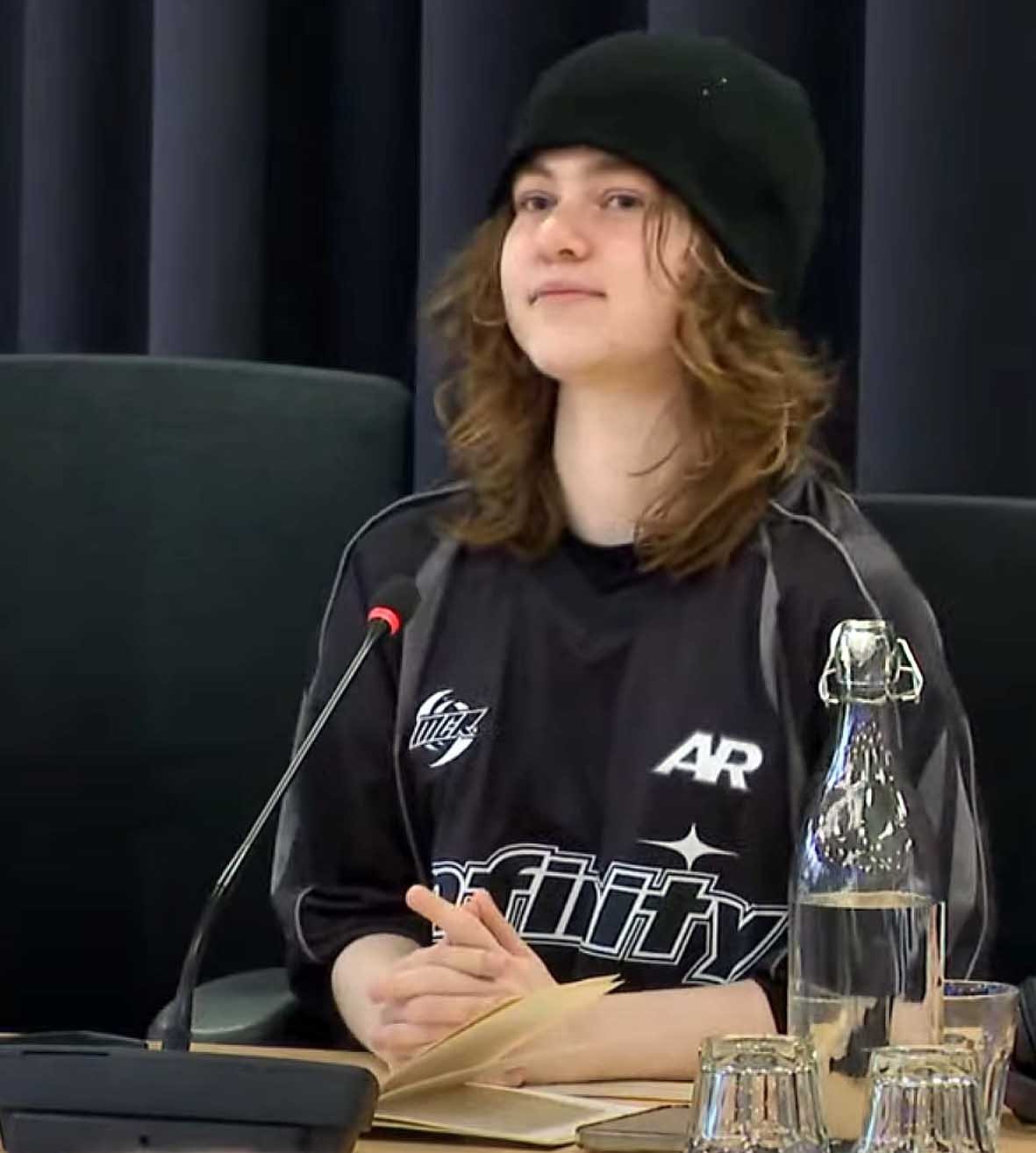
In the final minutes of Tuesday’s meeting, Mayor Jules Radich moved to accept the draft submission which outlines the council’s concerns about the Bill.
Spearheaded by Act New Zealand leader David Seymour, it seeks to define the principles of the Treaty of Waitangi. Act’s coalition partners, National and New Zealand First, only agreed to support the Bill to its first reading, which it passed last month.
The Bill will be considered by Parliament’s Justice subcommittee — public submissions on the Bill close on January 7.
The council’s written submission, prepared by corporate policy and Māori partnership staff, raised several concerns about the Bill’s impact on local government operations.
"The DCC submits that the Bill heavily transforms the way in which local government can interpret te Tiriti/the Treaty, heavily limiting current interpretations," it said.
"Not engaging with Māori, one of two parties to te Tiriti/the Treaty, prior to this Bill going to the House further impedes promoting a national conversation.
"While the coalition’s agreement aims to uphold equal citizenship, not everyone in Aotearoa New Zealand is equal and has equal opportunities."
The principles Bill would have a negative effect on iwi Māori and the council’s ability to "fulfil its decision-making role for the benefit of all Māori residing in Ōtepoti Dunedin", the submission read.
Mr Radich said it was important the council submit in opposition, reflecting its strong relationship with mana whenua.
"There’s no contrary voices, to my knowledge," he said.
"[We] work in partnership in many areas within the city, not only in council but a whole lot of other things.
"It’s important we be counted on this issue."
Cr Houlahan said she was "quite disgusted" with the Treaty Principles Bill and failed to see what it would achieve.
During the public forum, six people spoke in support of the council’s submission.
Perā Crowe (Ngāti Porou), 18, of Dunedin said the Bill was a blatant attempt to re-write history.
"Te Tiriti o Waitangi has arguably never been properly upheld, yet we now have to waste time discussing keeping it rather than embracing Te Tiriti and actually following it.
"[I am] not only representing my fourth great-grandfather, Paratene Te Mokopūōrongo, who signed Te Tiriti o Waitangi, but also as an individual, as with everyone else in my generation, who will be left with the decisions made by the people who may not be present in our future."
Disability researcher Umi Asaka, of Japan, said she considered the Treaty her founding immigration document.
"The Treaty gives expression to the difference we all have. And recognising the difference we have actually creates the equality.
"Unless we protect and promote the rights of tangata Māori and tangata hauā (disabled Māori) we cannot actually honour what the Treaty is."
Cr Jim O'Malley asked Ms Asaka if she, as non-Māori, felt the Bill was to her benefit, as Mr Seymour had claimed.
"Not at all," she replied.
The council approved the submission and noted a delegate would speak at any hearing submission.











